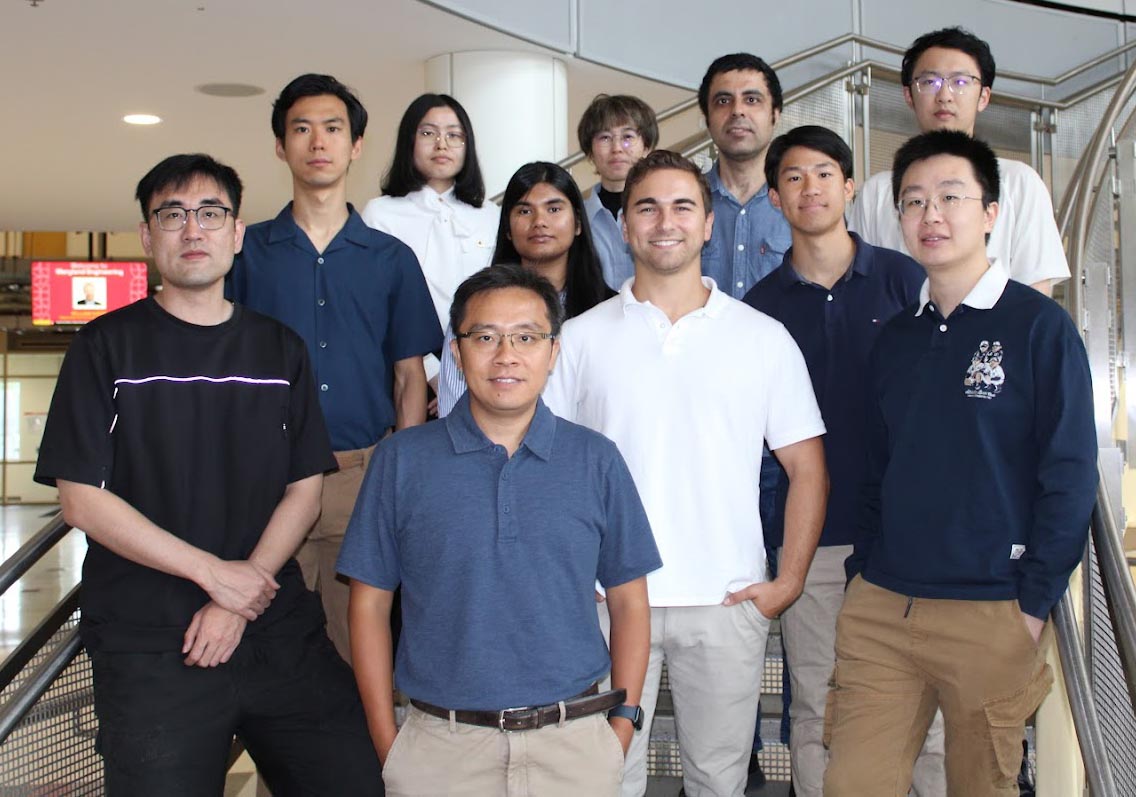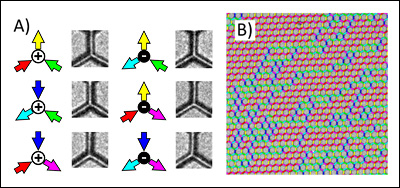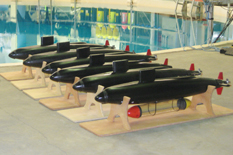News Story
$1.2M in NSF Funding Supports Research to Develop New Water and Ice Sensors

A UMD engineering researcher is working to enable cost-effective, year-round environmental measurements of ice melt and growth and water quality with advanced sensing technology. Photo by iStock.
By Rebecca Copeland and Robert Herschbach for Maryland Today
A University of Maryland researcher is leading a pair of new National Science Foundation (NSF)-funded projects to deploy advanced sensors to better understand how climate change is affecting ice—and the water quality beneath—near the poles and elsewhere.
Miao Yu, a professor of mechanical engineering, is working to enable measurements key to climate change and water-quality studies, but which are hard to gather on a year-round basis because of the expense of installing and maintaining current monitoring instruments, and the difficulty of measuring water quality beneath ice.
Like much of her work, Yu’s new projects are united by theme of devising innovative sensing technologies to solve environmental sustainability problems.
“My efforts are centered around how we can enhance our understanding of ecosystems and how they contribute to climate change in the long term,” Yu said.
She is the principal investigator for a $689,000 NSF grant announced last month that will fund a four-year project to use acoustic sensing to accurately measure ice growth and melt rates in lakes and polar regions, then generate better prediction models of how ice and water circulate and mix. She’ll work with scientists from Rutgers University, the NSF Bigelow Laboratory for Ocean Sciences and the University of California, Davis.
Yu also will lead a $500,000 NSF project using fiber optic sensing to advance cost-effective, long-term water quality monitoring in lakes and lake systems. It will be able to simultaneously measure carbon dioxide, methane, temperature, pH, salinity and dissolved oxygen—the significant components of measuring a lake’s health.
[The Modern Battle for Maryland’s Oysters]
Since 2020, Yu has been leading a $10 million U.S. Department of Agriculture National Institute of Food and Agriculture project to revolutionize outdated and environmentally destructive aquaculture practices with robotics, autonomy and artificial intelligence. The multi-institutional and interdisciplinary project promises to revitalize the industry by making it easier to pinpoint market-sized shellfish.
Published September 8, 2023







